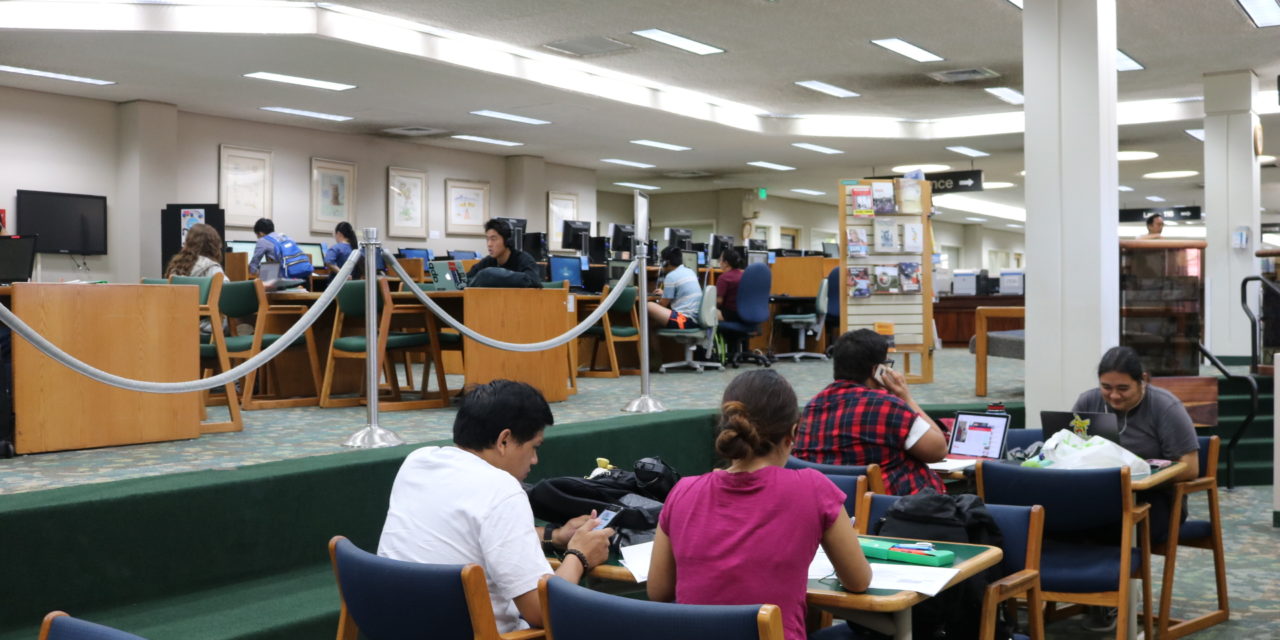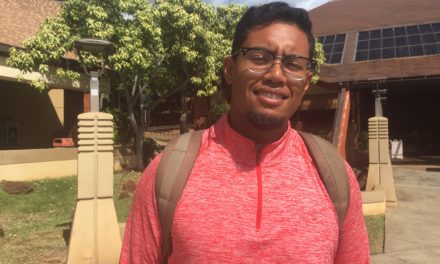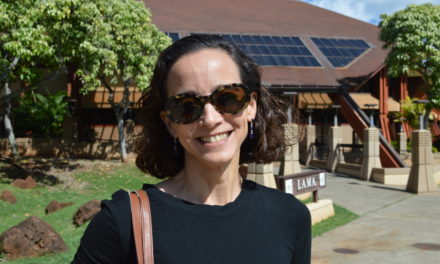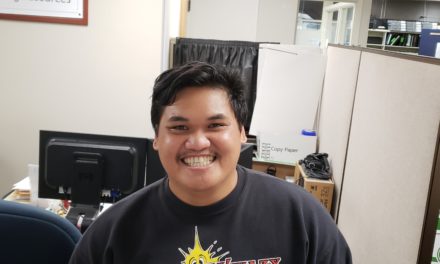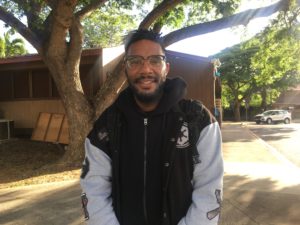By Lexus Yamashiro | Staff Writer
With finals week approaching, this is that moment where students realize they are either ready as ever or scrambling to study at the last minute. This particular examination period can be quite stressful for students, especially for those who do not practice good study habits — such as myself. Knowing that a final exam can make or break your grade, it is best to prepare for it weeks in advance to ensure that it will help you pass your course.
Here are some study tips that students should consider when it comes to preparing for final exams.
Choosing a Study Area and Right Environment:
When it comes to finding an area where students can concentrate on studying, they’re basically left with three options: study at home, on-campus or off-campus. Any one of these places can work, however, it’s the environment of these places that matter the most. LaVaché Scanlan, the First-Year Experience coordinator and a former KCC mathematics professor, believes that the environment in which a student chooses to study in depends on one individual to another.
“Some students, I’ve noticed, study better with [some] kind of activity or background noise, and others need it dead quiet,” Scanlan said. “They know themselves, [in terms of] where they study the best.”
She recommended that students attend a Study with a Buddy session, an event that BOSA will be hosting from May 7-9 from 6 p.m. to 12 a.m. on the Kamōkila floor of ʻIliahi, which allows students to study late on campus. Providing a social environment on campus, Scanlan said that students have the choice of either working individually in a quiet area, or they can seek help through study sessions that will take place during Study with a Buddy.
Attending study sessions such as Study with a Buddy is what Scanlan said forces students to study knowing that other students are present, compared to studying at home where students may be distracted. She also mentioned that often professors will attend this study event if the students ask for help during those times. Places such coffee shops or UH Mānoa’s libraries are some off-campus places that Scanlan suggested that students go to for studying, especially the libraries are UH Mānoa since they close late at night.
Study Habits and Time Spent Studying:
There are several different approaches that students can take when it comes to studying for a final exam or multiple ones, which can lead to more stress once they find the perfect area to study at. The amount of time spent on studying for an exam varies from one student to another, but rather than attempting to study a little bit of everything all at once, Scanlan suggested that students should prioritize their exam dates and by what their most challenging exam may be, which will help them to determine what they should study for first and proceed to from there.
“The best way to study for math is to do the problems, go over all your old tests and quizzes, and … work on the ones — especially the ones — you didn’t get right and redo them,” Scanlan said. “I would tell [my students] to make a mental cheat sheet prior to the test … so if there are certain things that you know that you prepped for and when you get the test, don’t even look at the test. Just flip it over … and write down all those things that you know are important that you need to be able to remember when you take the test, and then start.”
Scanlan said she understands that some students get test anxiety, which can affect their ability to concentrate and remember crucial components for the exam. She suggested that to reduce this anxiety, students should practice breathing techniques to help calm the mind and body, as well as bringing water with them to the exam to stay hydrated and to keep the brain going.
Alternatives to Caffeine:
As much as many students heavily rely on coffee and other caffeine-related drinks to stay awake for an exam, there are healthier ways that students can be fully aware and awake while taking their final exams. Getting the proper amount of sleep is a significant component that Scanlan believes students should build into their study plan. Although sleep has become nonexistent for most students, it is still a factor that can greatly affect a student’s performance in class.
Scanlan said that the recommendation that she’s been told before is that if students study right before they go to sleep, they will be able to retain the important information that they’ve studied. Also, getting an appropriate amount of sleep helps to relieve stress and refresh the individual for the next day. Recognizing that some students may have trouble sleeping, Scanlan said that doing a relaxing activity such as exercising can help to relieve any stress and calm the mind.
See Your Professor:
If it comes to a point where there are several concepts that students might not understand in preparation for a final exam, it is best that they set up an appointment with their professor to get the needed help and support.
“The instructor can help clarify or maybe the student’s stressing about something that maybe is not that important,” Scanlan said. “I just think it’s a good practice to contact your instructor regularly, even before exams as things come up versus waiting until the end to ask those questions that maybe could’ve been clear up earlier.”
Scanlan said that being she was a former math professor, she believes that if students speak up and let their professor know that there is a topic that they might not understand, it can alert the professor that there was possibly a section that was either not covered clearly or at all. She said that asking a professor for help can clarify the material and possibly even provide the student with a few study tips.

